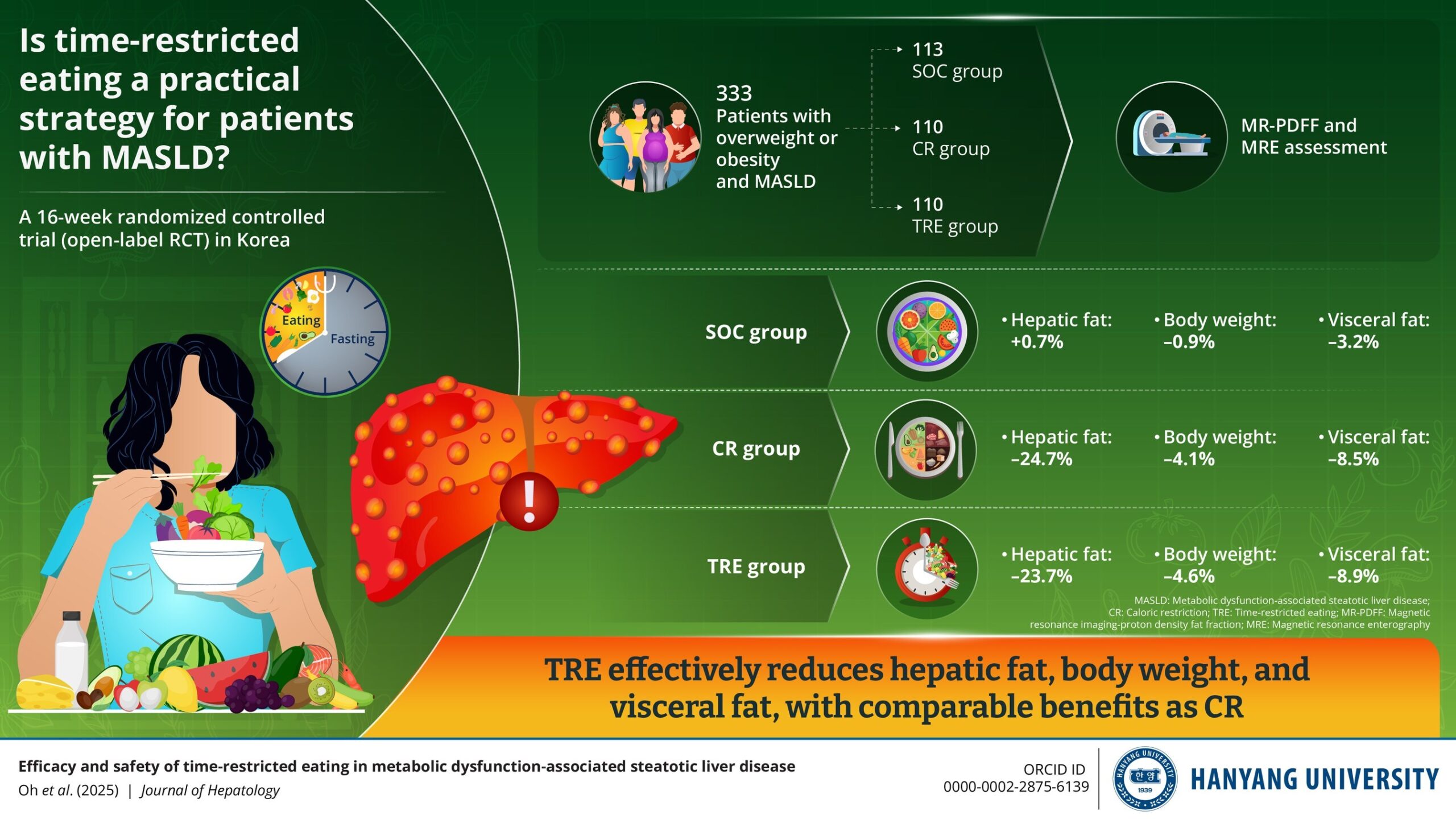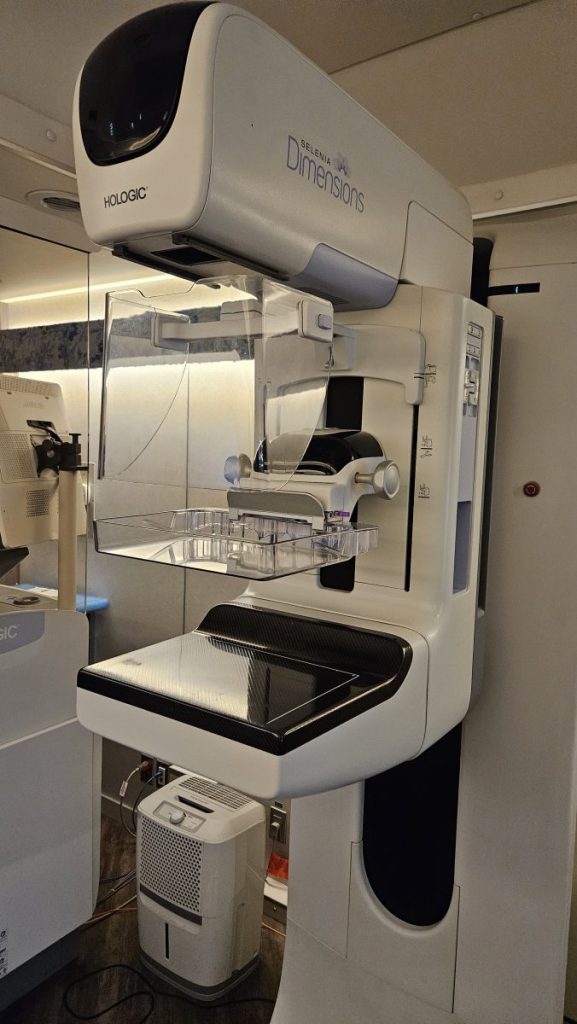A recent study conducted by researchers at Hanyang University has revealed significant benefits of time-restricted eating (TRE) for patients with metabolic dysfunction-associated steatotic liver disease (MASLD). Published online on June 19, 2025, in the Journal of Hepatology, the study highlights how TRE, a form of intermittent fasting, may effectively aid in managing this liver condition.
MASLD is characterized by the accumulation of excess fat in the liver, primarily due to metabolic risk factors such as obesity and insulin resistance. Effective management of MASLD typically involves addressing these underlying risks through dietary changes and physical activity. The research team, led by Professor Dae Won Jun, sought to determine whether TRE could offer a practical dietary solution for individuals suffering from this condition.
The study involved patients diagnosed with MASLD who were overweight or obese. These participants were randomly assigned to one of three groups: a standard of care (SOC) group, a calorie restriction (CR) group, and a TRE group. The researchers assessed improvements in hepatic steatosis, body weight, and various physiological and biochemical parameters.
Both the TRE and CR groups demonstrated a significant reduction in hepatic steatosis, body weight, and visceral fat. Notably, there were no serious adverse events reported among participants in either the TRE or CR groups. Dr. Joo Hyun Oh, a researcher involved in the study, emphasized that TRE participants achieved these positive health outcomes by merely limiting their eating hours while continuing to consume their usual meals, without adhering to specific diets like the Mediterranean diet.
The findings indicate that TRE may be a more accessible and sustainable approach for managing MASLD, particularly for Asian populations. While both TRE and CR led to improvements in liver fat and function, changes in blood glucose, cholesterol levels, and sleep duration showed no significant differences between the two methods. This suggests that although TRE is effective, it does not offer additional metabolic or sleep-related benefits compared to CR.
As obesity continues to be a pressing global health concern, clear evidence-based dietary guidance is essential. This research contributes to correcting misconceptions surrounding unverified dietary trends. Given that TRE and CR are similarly effective for MASLD management, individuals are encouraged to select an eating pattern that best fits their lifestyle and cultural background.
The insights from this study have the potential to inform the development of personalized dietary strategies tailored to individual routines and biological needs. Such approaches could help achieve sustainable weight management and prevent further metabolic diseases.
The original research paper is titled “Efficacy and safety of time-restricted eating in metabolic dysfunction-associated steatotic liver disease,” and can be accessed through the Journal of Hepatology with the DOI: 10.1016/j.jhep.2025.06.005.
For more information on Hanyang University, please visit their official website at https://www.hanyang.ac.kr/web/eng.







